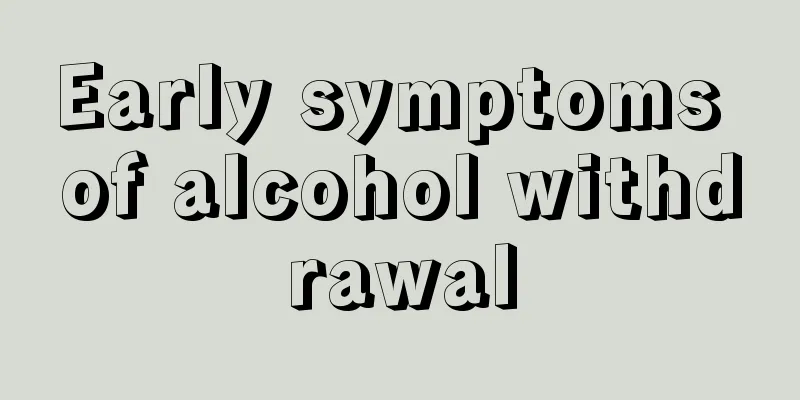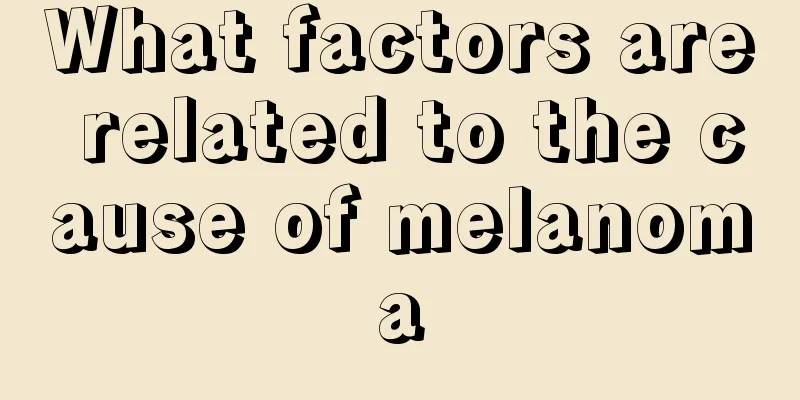What kind of tea is good for hepatitis C?

|
Hepatitis C is a common physical disease. It can easily cause some liver diseases and complications, which have a great impact on the health of the body. Tea is a common drink in daily life. Different teas can have different effects on the human body. People with hepatitis C can drink some tea appropriately, such as green tea or Pu'er tea. What kind of tea is good for hepatitis C? Tea contains protein, fat, more than ten kinds of vitamins, as well as theanine, tea polyphenols, caffeine and lipopolysaccharide. The tea alkaloids it contains can increase coronary blood flow and have a cardiotonic and diuretic effect. Long-term tea drinking can boost spirits, enhance thinking ability, eliminate fatigue, prevent tooth decay, sober up and detoxify, protect hematopoietic function, maintain blood acid-base balance, prevent heatstroke and reduce temperature, etc. From the above effects of tea, it can be seen that drinking tea has certain effects on hepatitis C patients. Patients with hepatitis C should drink grape flowers, wolfberry and red dates tea, green tea, Pu'er tea, honeysuckle tea, and Eucommia tea. Green tea contains the richest tea polyphenols, which are substances that protect the liver, fight cancer and anti-aging. In particular, (+)-c catechin in tea polyphenols is an important substance for protecting the liver and treating liver disease. However, for patients with chronic hepatitis C, it is not suitable to drink too strong tea, nor should they drink too much tea. A moderate amount is enough. Although drinking tea is beneficial to the physical and mental health of hepatitis C patients, they should pay attention to drinking tea at the right time and in the right amount. It is advisable to stop drinking tea one hour before meals to avoid diluting stomach acid; do not drink tea before bedtime or on an empty stomach; the tea should not be too strong; the total amount of tea per day should not exceed 1000-1500 ml; young children should not drink tea; avoid drinking tea while taking supplements or tonics, and do not take medicine with tea. Causes Hepatitis C virus infection is the root cause of the disease. Under the influence of external factors, such as drinking, fatigue, and long-term use of hepatotoxic drugs, the disease can be promoted. The pathological changes of hepatitis C are very similar to those of hepatitis B, mainly characterized by hepatocyte necrosis and lymphocyte infiltration. Chronic hepatitis may cause hyperplasia of fibrous tissue in the portal area, and in severe cases, pseudolobules may form, leading to cirrhosis. The pathogenesis of HCV infection mainly includes immune mediation and direct HCV damage. Viral factors include viral genotype, replication ability, immunogenicity of viral polypeptides, etc.; host factors include the human body's innate immune response, humoral immunity and cellular immune response. Factors such as drinking and the use of immunosuppressants also affect the course of HCV infection. HCV transmission routes: Kissing, hugging, sneezing, coughing, food, drinking, sharing of tableware and cups, contact without skin breaks and other contact without blood exposure generally do not transmit HCV. HCV is mainly transmitted through the following routes: 1. Blood transmission (1) Transmission through blood transfusion and blood products: Due to the window period of anti-HCV, the unstable quality of anti-HCV detection reagents, and the fact that a small number of infected people do not produce anti-HCV, it is impossible to completely screen out HCV-positive people. Large-scale blood transfusion and hemodialysis may still cause HCV infection. (2) Transmission through broken skin and mucous membranes. This is currently the main mode of transmission. In some areas, HCV transmission due to intravenous drug use accounts for 60% to 90%. The use of non-disposable syringes and needles, dental instruments that have not been strictly sterilized, endoscopes, invasive procedures and acupuncture are also important routes of percutaneous transmission. Some traditional medical methods that may cause skin damage and blood exposure are also associated with HCV transmission; sharing razors, toothbrushes, tattoos and ear piercings are also potential ways for HCV to be transmitted through blood. 2. Sexual transmission. 3. Mother-to-child transmission The risk of anti-HCV positive mothers transmitting HCV to their newborns is 2%. If the mother is HCV RNA positive during delivery, the risk of transmission can be as high as 4% to 7%. When combined with HIV infection, the risk of transmission increases to 20%. High HCV viral load may increase the risk of transmission. 4. Other ways It occurs in 15% to 30% of sporadic hepatitis C, and its route of transmission is unknown. |
<<: Tea tree essential oil treats onychomycosis
>>: Is drinking tea good for the liver?
Recommend
What does occult blood 3 mean in urine test?
Occult blood 3+ in urine test generally means the...
Can moxibustion treat aggravated postpartum disease?
If postpartum disease is not treated in time, it ...
What should I do if I feel like my stomach is full of gas?
Some of my friends must have had this feeling, th...
How to remove dampness and toxins
Humidity is a symptom that affects physical healt...
Which department should I go to for lymphoma
Lymphoma is a notorious cancer that kills many pe...
How to treat paronychia_What to do if you have paronychia
Paronychia is a type of inflammation in the body ...
Is there any relationship between rectal cancer and menstruation in women
There is generally no relationship between rectal...
Hoarseness after tonsillitis
People with inflamed tonsils will have mucus in t...
What is desensitization treatment for allergic rhinitis
Allergic rhinitis is a common type of rhinitis. A...
Notes on long jump
Long jump is a competition event in track and fie...
What kind of diet is suitable for liver cancer patients? Six nursing measures for liver cancer
A high-fat diet can affect and aggravate the cond...
Different parts of gray hair need different remedies
After a certain age, the occurrence of gray hair ...
Is high blood sugar serious? What are the consequences?
Blood sugar testing is an indicator to check phys...
What are the disadvantages of rhinoplasty and nose reduction
Loving beauty is the nature of all women. They al...
How to solve oily face and hair
After staying in an air-conditioned room for a da...









